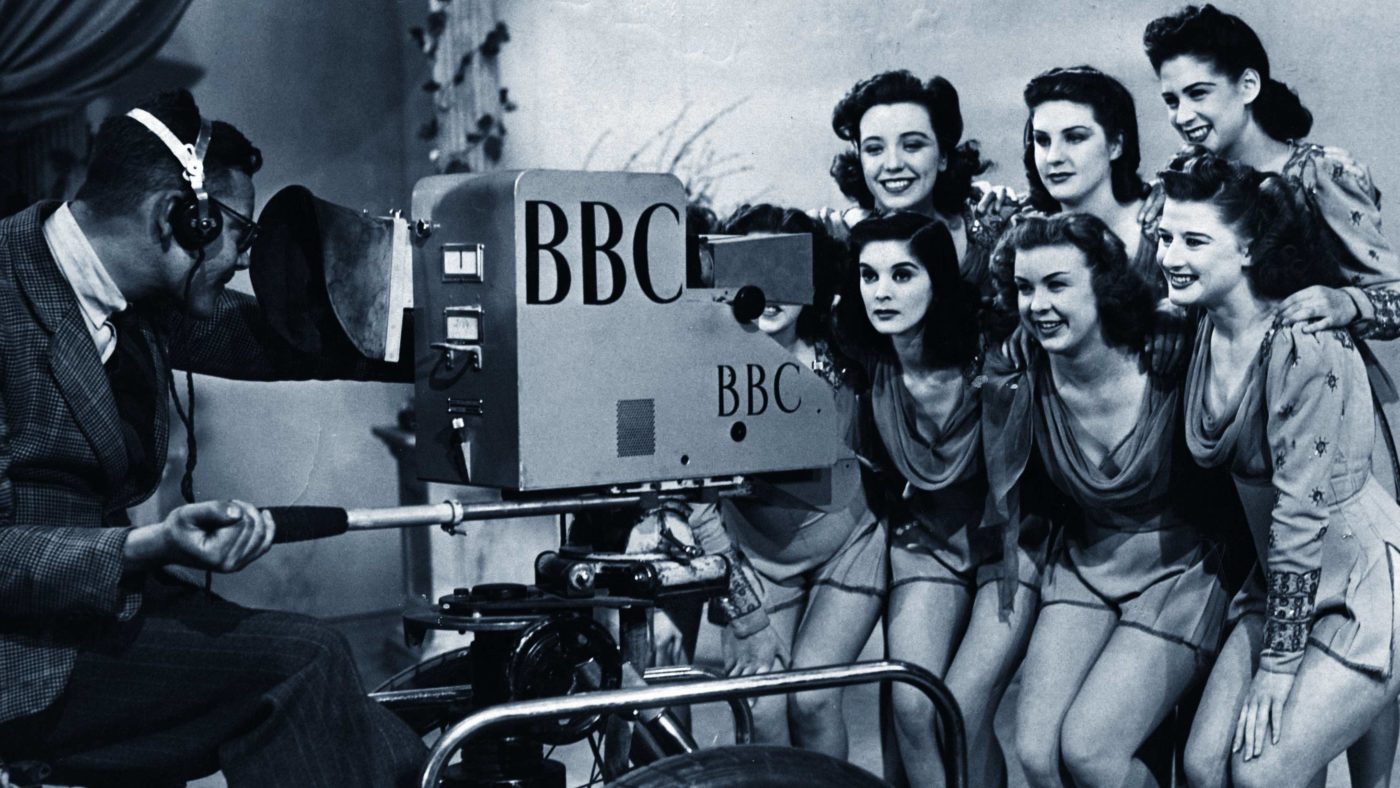Carrie Gracie’s resignation from her position as China editor at the BBC because male international editors earn more than her £135,000-a-year salary, again highlights the gender pay gap in the UK, and at the BBC in particular.
It is an important debate, and one which must be resolved. But her resignation also raises serious questions about BBC pay in general. Back in July, when the remuneration packages of its top stars were revealed, the main area of concern was that much of the top talent at the BBC was being paid too much. Was it right, for example, that Chris Evans, who received £2,249,999, was being paid substantially more than NHS consultants, members of the judiciary, and the Prime Minister.
The BBC defended its generous attitude by arguing that since they were competing against other big ticket channels and providers, they had to pay big bucks to its top talent, otherwise Sky or Amazon would.
And it’s true. Many of the highest-paid stars at the BBC could indeed get more money from different channels. But the corporation’s argument ignores the fact that the BBC is a public body. This is problematic for two main reasons.
First, the BBC receives the majority of its money from the public. This is not voluntary, but rather mandated by the law. It is a criminal offence to watch or record live TV without a licence which can result in prosecution and a fine of up to £1,000. So we can say that the BBC uses the state’s monopoly on violence to extract money from the UK public to pay its staff.
It’s not just the top-talent we pay, either. The BBC employs hundreds of journalists and editors who receive hundreds of thousands of pounds every year. And although Carrie Gracie’s salary was less than that some others at the Beeb, it is still significantly more than the majority of the population earns (the average annual salary in the UK last year was £27,600). It is galling for struggling households that the BBC has no qualms in forcing them to pay the very high staff wages.
The second question this generally raises is why are people who present TV shows being paid far more than doctors, nurses, the judiciary, and leading politicians. The complaint misses the point. The issue of remuneration has got nothing to do with who deserves what. In a free society people are entitled to earn, and keep, as much money as they can, provided that they do so legally.
The issue is whether people are willing to pay. And that is a question which should be settled by the market, and not politicians, quangos, or the public. In the BBC case, their stars probably aren’t being overpaid: their levels of remuneration are around the market price.
This is the root of the BBC’s money trouble. It is a public body trying to compete with private companies. The salaries aren’t the problem – they are simply what the market will bear. The issue is with the BBC, which has no business trying to compete in the market, and its system of funding, which is morally unsound. Using threats and coercion to fund itself is not only wrong, but it also makes no commercial sense.
If the BBC is to survive in an industry where prices and wages are set by the market, then it will need to adopt market principles. The most obvious way for it to do this would be to allow advertising and for charging for certain services.
But when any such reforms are suggested, they are shot down by those who claim that the commercialisation of the BBC would lead to a “dumbing down” of television. As a result, they say, the BBC would have to show more popular shows, such as reality and talent programmes, as opposed to documentaries or “intelligent” fictional shows.
There is, however, absolutely no evidence that this would take place. The huge popularity of sophisticated and well-made shows such as Breaking Bad, The Crown, and Narcos which can only be viewed through subscription services, should serve to allay such fears.
Moreover, it can hardly be attested that the BBC only produces and broadcasts intellectual or academic shows. A cursory glance at the listings reveals a succession of not-particularly-sophisticated game shows, talent contests, and reality shows.
Nor is there is much evidence to suggest that documentaries not be made or screened by a commercialised BBC; there are still plenty of them on the other channels. While the public appetite for them remains, then it would make perfect business sense for them to be shown.
Equally, if there were no great interest in certain shows, then that would hardly be a disaster. Market forces would ensure that there would be subscription services for those who wish to watch those documentaries.
Carrie Gracie’s resignation has shone a vital light on exactly how unjustifiable and unsustainable the BBC’s current funding system is. It’s time the corporation stopped resisting change and moved with the times by allowing advertising and subscription charging.
High pay is not the issue. The BBC is.


